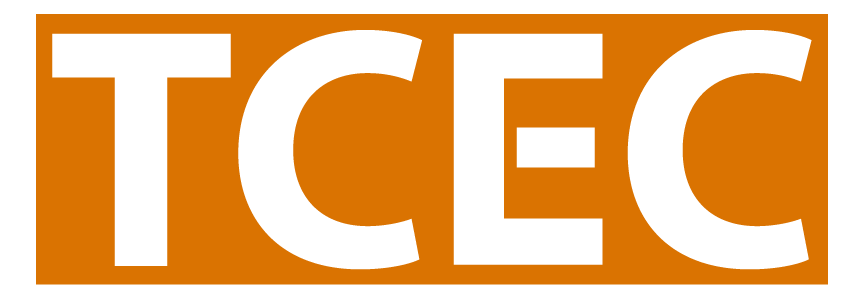
Evaluators: What to Know when Working with New Grantees
Like any new relationship, when an external evaluator takes on a new project, there will be an adjustment period as everyone gets to know each other. This may be especially true if the project is new to CTCP-funded work. Below are some considerations to consider to foster a successful partnership with them.
If possible, the evaluator and newly funded project should build more time into the contract for meetings with project staff. This may include meetings with project staff and their CTCP Project Coordinator (PC). There are multiple reasons why this is important:
As an evaluator, you may find yourself spending more time with the project as you:
- Check in on the project's internal evaluation capacity to understand how to meet them where they are evaluation-wise. It may be helpful to not present or explain too much at one time, slow down to teach internal staff basic evaluation skills, ask them to keep brief staff journals/notes or schedule quick calls about what they are doing and about what questions they have about how to use the evaluation information.
- Point out non-evaluation details of the work plan, explaining how intervention intersects with evaluation. You may find yourself working with staff on an implementation plan that includes intervention and evaluation activities; for example, when planning an intervention activity, staff members will need to discuss it with their evaluator because they will need a plan for the corresponding evaluation activity. You may also find yourself explaining and showing how the project can utilize the evaluation information for the program, agency, or community.
- Connect project staff with partners, resources, and TA agencies, so staff are comfortable using the resources and directly contacting TA providers for help.
- It is essential to be prepared for potential project staff turnover; keep multiple drafts of planning documents and introduction guides to share and build upon with new staff.
Another important consideration is to be sensitive to the power dynamic between an external evaluator and a newly funded project. Some projects may not have selected or consulted with an external evaluator before or may have had a funder select one for them in the past.
As an evaluator, in a significant way, you hold their knowledge and have the power to narrate their story. Be careful to integrate them into the storytelling process so the project staff's perspective is included early and often in the evaluation phases. Make time to share with the project team, such as presenting preliminary data gathered to staff and leaders, soliciting feedback about it, and incorporating that into reports, presentations, and other communication materials. Acknowledging the power dynamic—discussing it and how to mitigate or balance it as a team— will go a long way toward building a lasting relationship that is grounded in trust.
With these considerations, you will set your evaluation work with any new grantee up for success!
